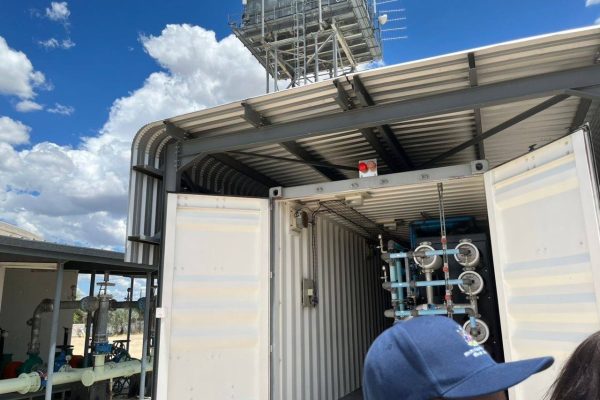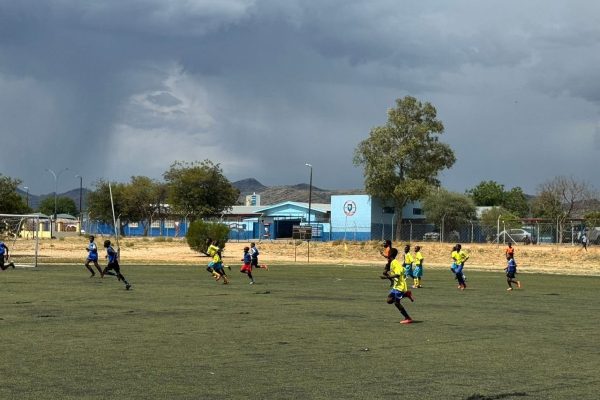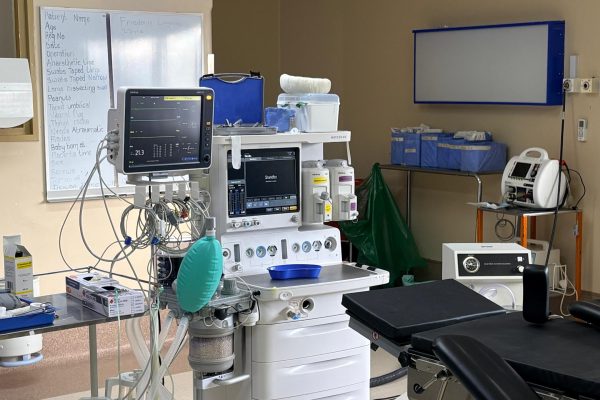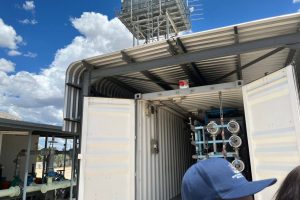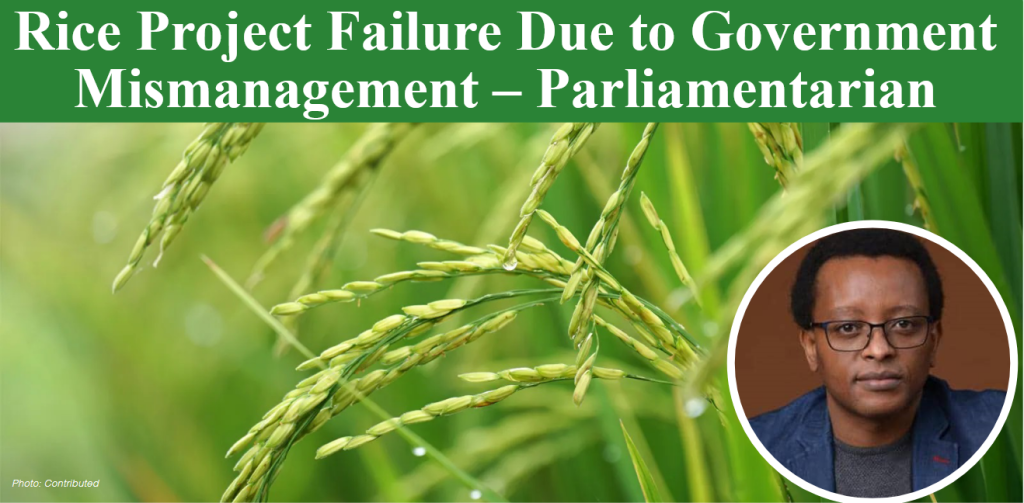
By: Annakleta Haikera
The chairperson of the Parliamentary Standing Committee on Natural Resources, Tobie Aupindi has called the situation of the Kalimbeza Rice Project in the Zambezi Region a failure of government resource management.
He expressed this during a site visit to the Kalimbeza Rice Project this week, sharing deep concerns on how the project was handled.
Aupindi warned that delays and poor planning were demoralising workers and undermining efforts to create jobs and boost food security.
He noted that if the late Founding Father Dr. Sam Nujoma was alive, his heart “would bleed” seeing the condition of the project.
Aupindi added that lengthy procurement processes hinder operations, stressing the need to decentralise the operational framework and evaluate projects individually instead of applying a generic approach from Windhoek.
“The potential is here; the water, the land, but what’s missing is proper management from the ministry down to the project level,” he said.
“The transition from centralised control needs to be accelerated for sustainability,” he emphasised.
PROJECT CHALLENGES
Kalimbeza Rice Project manager Patrick Kompeli told the committee the project had been stalled for years due to broken machinery, a lack of operational funds for repairs, and vandalism of farm infrastructure – particularly fencing – by community members.
He also cited shortcomings in water distribution despite the Ministry of Agriculture, Water and Land Reform having appointed a consultant to level the soil for irrigation between August and January.
Harvesting for short varieties is expected in March /April, and for long varieties in April/May.
Member of Parliament, Immanuel Nashinge, questioned whether the rice would spoil since the processing machine was not functional. Kompeli responded that the ministry had allocated N$8 million last year to procure a new processing machine, which he hoped would be in place before year’s end.
Last year, the project planted 38 hectares and harvested 108 tonnes of raw rice, of which only 60% was retained after processing.
The Parliamentary Standing Committee is visiting conservancies and green scheme projects in the Zambezi, Kavango West, and Kavango East regions from 11–15 August.


